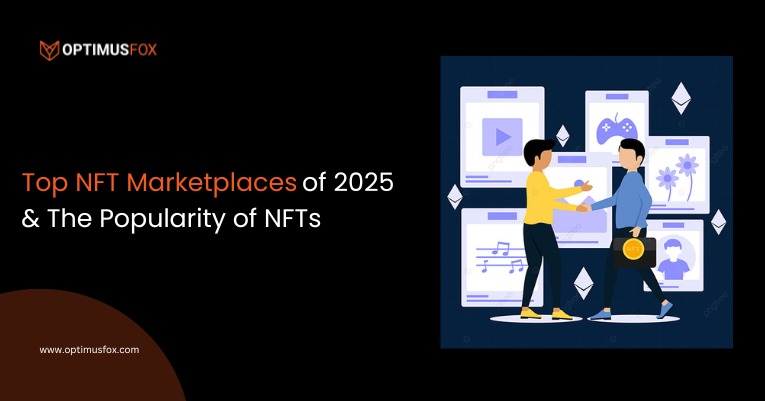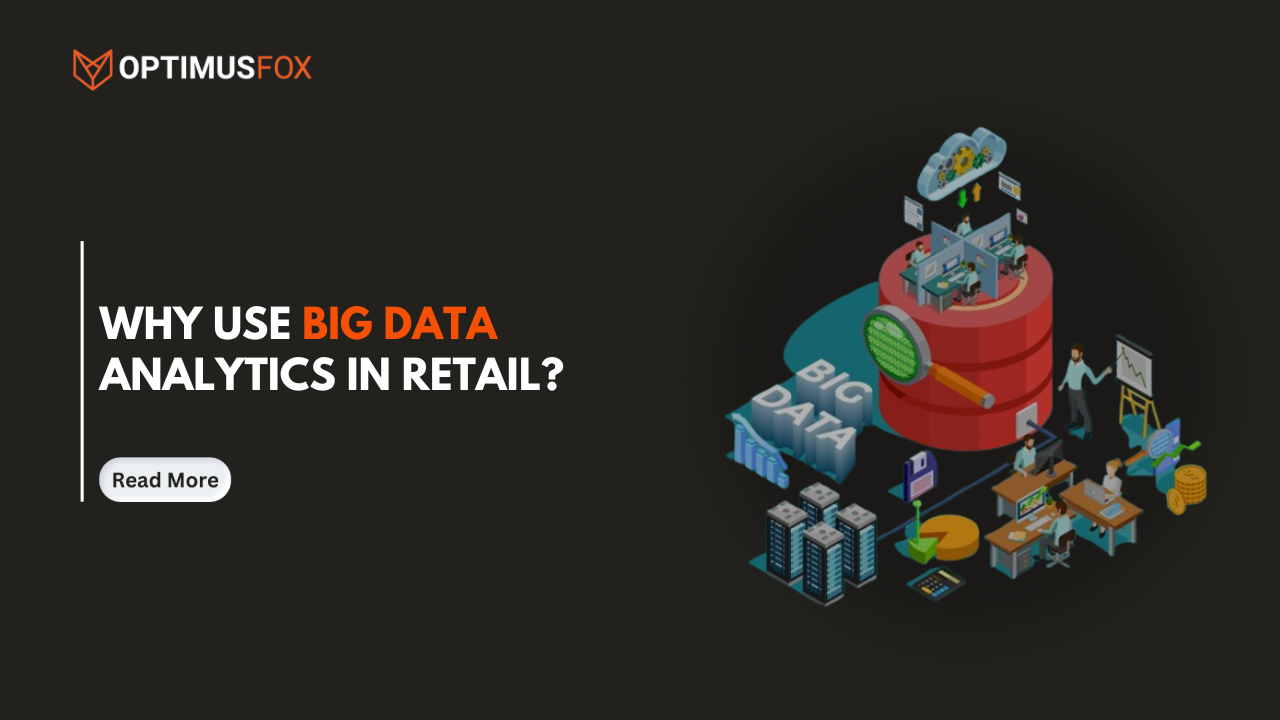Blockchain Smart contracts has the potential to transform conventional industries and business operations. Traditional agreements require a third party in a centralized system to execute agreements between parties. Contrary, smart contracts automate agreement execution eradicating third party’s intervention. These contracts are stored, modified in a blockchain that adds security and privacy there.
What do Smart Contracts Bring?
As smart contracts are based on blockchain, they bring multiple benefits with them. Some of them are:
Autonomy and savings
Smart contracts blockchain does not need brokers to execute the agreement; it eradicates the manipulation risks. Moreover, the decentralization results in cost and time savings.
Backup
The duplication of contract data on multiple nodes makes it easier to restore original data in the case of any data loss.
Safety
The encrypted and cryptographic nature of smart contracts blockchain makes all the documents protected from infiltration.
Accuracy
Manual filling of multiple forms can cause numerous errors. So, smart contracts are the best solution to achieve accuracy.
Blockchain Smart Contracts Applications
Smart contracts blockchain has multiple applications in multiple fields ranging from health care to financial services. The most prominent applications are:
Government voting system
Smart contracts offer a secure atmosphere that makes the voting system impossible to manipulate. The votes through smarts contracts are ledger protected, hard to decode. Moreover, smart contracts have enough potential to increase voter turnover that is low due to an inefficient system.
Healthcare
Blockchain stores the encoded patient records using private keys where only specified people can have access to records. In addition to this, smart contracts make research confidential and secure.
Hospitals can store patient receipts on blockchain that are shareable with insurance companies as proof. Moreover, health organizations can use hyper ledgers to manage drug supplies, supervision and regulations.
Supply chain
The supply chain usually suffers due to paperwork, as every document has to pass through numerous channels to get approval. As a result, the ratio of frauds increases in supply chain networks. The blockchain nullifies those risks offering accessible and secure digital versions in the form of smart contracts. Smart contracts automate the process and make inventory management easier.
Financial services
Blockchain smart contracts transfer the traditional financial sector in multiple ways. For insurance claims, they check errors, routes and initiate transactions if everything is appropriate.
The smart contract incorporates tools for keeping records and eliminating infiltrations. Contracts also authorize stakeholders to participate in decision-making transparently and make trade clearance easier.
Challenges of Smart Contracts
Difficult to Change
Smart contracts are impossible to changes once developed. Any error in the code can be time-consuming and expensive to handle. As smart contracts are usually created against a huge amount, any coding error may cause a big financial disaster for concerned parties.
Possibility of Loopholes
As the good faith concept illustrates, parties have to deal fairly, and no one can have unethical benefits from blockchain smart contracts. However, it is difficult to ensure that all agreed terms are met.
Vague terms
Smart contracts include terms that are not easy to understand which makes it difficult to handle vague terms and conditions.
Third-party
Although smart contracts eradicate third-party involvement, it’s impossible. Here, third parties are different from traditional ones. For instance, developers will need to consult with lawyers to understand the terms and conditions.
Conclusion
Blockchain Smart contracts transforming multiple industries because of the decentralized nature and security they provide. The storage of data on blockchain makes it easier for organizations to back up data and process agreements without human involvement.





